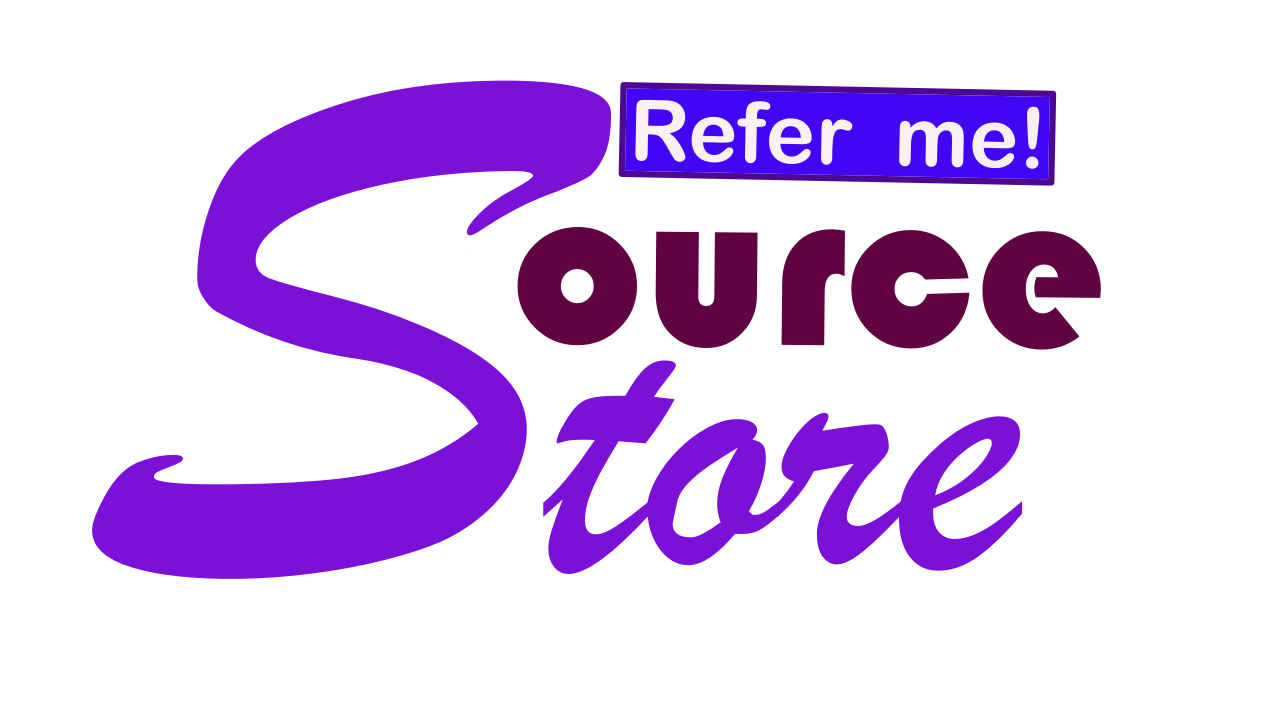Here are some potential disadvantages of using beauty keeping materials:
- Health Risks: Many beauty products contain potentially harmful chemicals such as parabens, phthalates, and formaldehyde, which have been linked to a range of health issues including cancer, reproductive issues, and developmental problems.
- Skin Irritation: Some people may experience skin irritation or allergic reactions to certain beauty products, especially those containing fragrances or other potentially irritating ingredients.
- Environmental Impact: Many beauty products contain chemicals that can have negative impacts on the environment, such as pollution of waterways and harm to wildlife.
- Cost: High-quality beauty products can be expensive, and it can be tempting to overspend in pursuit of the latest trends or popular brands.
- Unrealistic Beauty Standards: The beauty industry can promote unrealistic beauty standards that can negatively impact people's self-esteem and body image.
- Dependence: Over-reliance on beauty products can lead to a feeling of dependence, which can affect self-confidence and overall well-being.
- False Claims: Some beauty products may make exaggerated or false claims about their effectiveness, leading consumers to waste money on products that don't work as advertised.
- Aging Skin: Some beauty products, especially those containing retinol or other exfoliants, can lead to increased skin sensitivity and thinning over time, which can make the skin appear older.
- Skin Discoloration: Certain beauty products, such as skin lightening creams or tanning products, can cause uneven skin tone and discoloration, which can be difficult to correct.
- Damage to Hair: Frequent use of hair styling products, especially those containing heat or harsh chemicals, can cause damage and breakage to hair over time.
- Time-Consuming: Many beauty routines can be time-consuming and require a significant investment of time and effort.
- Dependency on Appearance: Overemphasis on beauty and appearance can lead to a lack of focus on other aspects of life, such as personal relationships, career goals, or overall health.
- Waste: Beauty products often come in single-use containers and can contribute to waste and pollution, especially if not disposed of properly.
- Gender Norms: The beauty industry can reinforce gender norms and stereotypes, promoting certain types of appearance or beauty practices based on gender.
- Cultural Appropriation: Some beauty trends and practices may be borrowed from other cultures without proper acknowledgement or respect, which can be seen as disrespectful or inappropriate.
- Pressure to Conform: Social pressure to conform to certain beauty standards or trends can be overwhelming and may lead to a sense of inadequacy or low self-esteem.
- Unhealthy Habits: Certain beauty practices, such as crash dieting or excessive exercise, can be unhealthy or even dangerous if taken to extremes.
